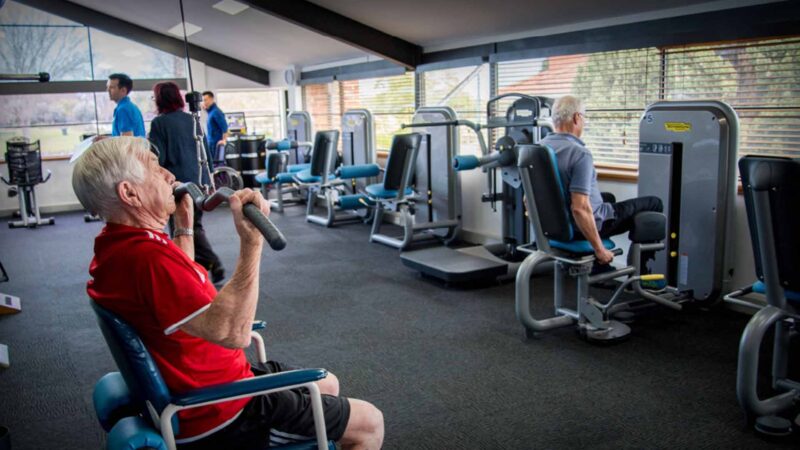Expansion of specialist training in regional & rural areas
Associate Professor Sanjay Jeganathan, Chair of the Council of Presidents of Medical Colleges (CPMC) states, ”Our rural and regional communities deserve the same access to specialist care as our cities. We’re seeing real results from our colleges’ commitment to rural training.”










